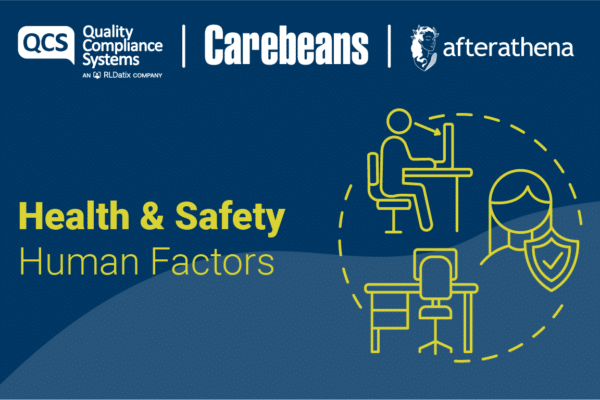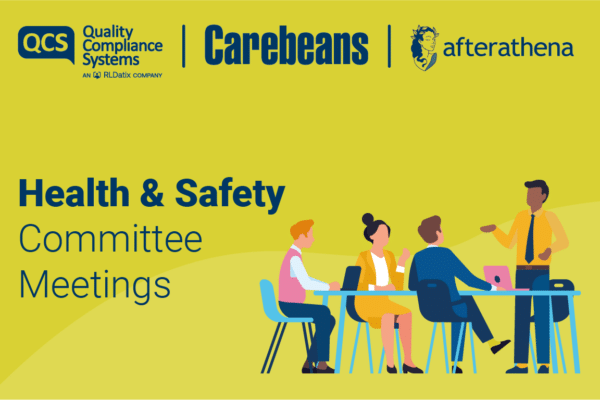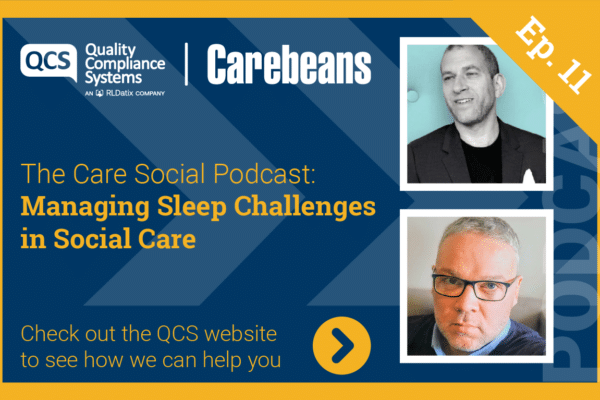 What are the MCA and DoLS?
What are the MCA and DoLS?
With feedback I have received from other practice managers about their recent CQC visits, I’ve found that one of the key areas that the inspectors are particularly keen to check is the understanding of the Mental Capacity Act (MCA) and Deprivation of Liberty Safeguards (DoLS). I have to admit I wasn’t quite sure what people were referring to a few months ago when they talked about DoLS! It wasn’t an abbreviation I was familiar with and the thought of describing the Mental Capacity Act, if asked by a CQC inspector, filled me with dread, but it’s not as perplexing as it seems.
What do we need to know?
In a nutshell, the Mental Capacity Act (2005) is a crucial safeguard for the human rights of people who might (or might be assumed to) lack mental capacity to make decisions, in particular about consenting to proposed care and treatment. DoLS are part of the Mental Capacity Act and aim to make sure that people in care homes and hospitals are looked after in a way that does not inappropriately restrict their freedom.
The Mental Capacity Act (2005)
What does it actually mean? Basically, the MCA prevents blanket decision making on behalf of people with capacity issues, and introduces a practical test that is time and decision specific. It requires everyone who cares for, or treats people with capacity issues to respect their individual rights and to act in their best interests when making decisions on their behalf. For example, if a patient suffers from early onset dementia and needs to make a decision whether or not to have a particular treatment, the GP should make every effort to communicate the pros and cons of having the treatment to enable the patient to make a decision.
Deprivation of Liberty Safeguards
The (DoLS) are part of the Mental Capacity Act and aim to make sure that people in care homes and hospitals are looked after in a way that does not inappropriately restrict their freedom. Even for GPs that don’t visit care homes, it is necessary for them to know about MCA and DoLS to ensure that they act in a patient’s best interest.
There is no single legal definition of ‘deprivation of liberty’, so it can sometimes be difficult to establish whether it is actually happening. An example of a deprivation of a person’s liberty could be sedating a person for non-medical reasons, or many small restrictions on a person’s rights could combine to create a deprivation of liberty. Overall, it’s the amount of control that the care home or hospital has over the individual that determines whether or not the person is being deprived of their liberty.
Further Information
The CQC GP Mythbuster (see link below) has more information about Mental Capacity Act 2005 and Deprivation of Liberty Safeguards. It also gives some useful information and guidance about:
- The principles of the Mental Capacity Act
- Appointing an Independent Mental Capacity Advocate
- Lasting powers of attorney
- Court of Protection
Links:
CQC – GP Mythbuster 10: GPs and the Mental Capacity Act 2005 and Deprivation of Liberty Safeguards
CQC- About the Mental Capacity Act






